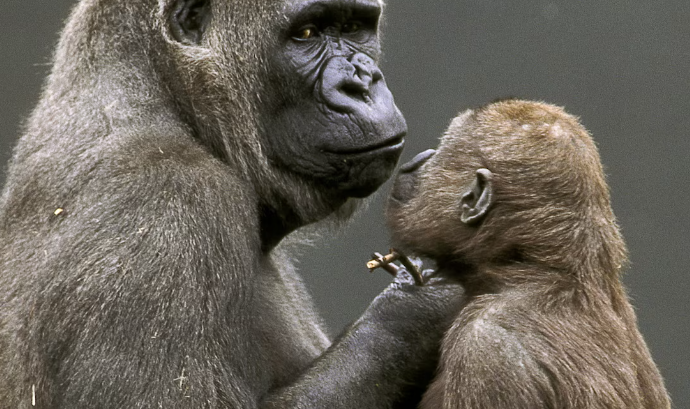The Importance of Gorilla Conservation Education
Gorillas, as one of our closest relatives in the animal kingdom, play a crucial role in maintaining the ecological balance of their habitats. Unfortunately, these magnificent creatures face numerous threats, including habitat loss and poaching. Educating the public about gorilla conservation is vital for ensuring their survival and protecting the ecosystems they inhabit.
Understanding Gorilla Habitat and Behavior
To effectively conserve gorillas, it’s essential to understand their natural habitat and behavior. Gorillas are primarily found in dense forests and mountainous regions of Africa, where they play an integral role in their ecosystems as seed dispersers. By educating communities and stakeholders about these aspects, we can foster a sense of stewardship and encourage sustainable practices that protect their environments. Knowledge about gorilla social structures and behavior also highlights their intelligence and emotional depth, which can inspire greater empathy and support for conservation efforts.
The Role of Community Involvement
Community involvement is critical in the fight for gorilla conservation. When local communities are educated about the importance of gorillas, they are more likely to participate in conservation initiatives. Programs that involve local populations in eco-tourism, for instance, can provide alternative livelihoods while fostering a sense of pride in their natural heritage. By providing resources and training, we can empower these communities to become advocates for gorilla protection, creating a sustainable future for both the animals and the people living alongside them.
The Impact of Global Awareness
Global awareness of gorilla conservation issues can significantly influence conservation outcomes. Public campaigns, educational programs, and social media can help bring attention to the plight of gorillas, generating support from around the world. When people understand the challenges gorillas face, such as poaching and habitat destruction, they are more likely to contribute to conservation organizations, promote policy changes, or even visit gorilla habitats as ecotourists. This global engagement can lead to meaningful change, helping to secure a future for both gorillas and the biodiversity of their ecosystems.
In conclusion, gorilla conservation education is vital not just for the survival of this iconic species but also for the health of entire ecosystems. By fostering understanding, encouraging local involvement, and raising global awareness, we can help ensure that gorillas thrive for generations to come. If you’re interested in learning more about gorilla conservation, consider supporting organizations dedicated to this cause or sharing information with your community. Every effort matters!

